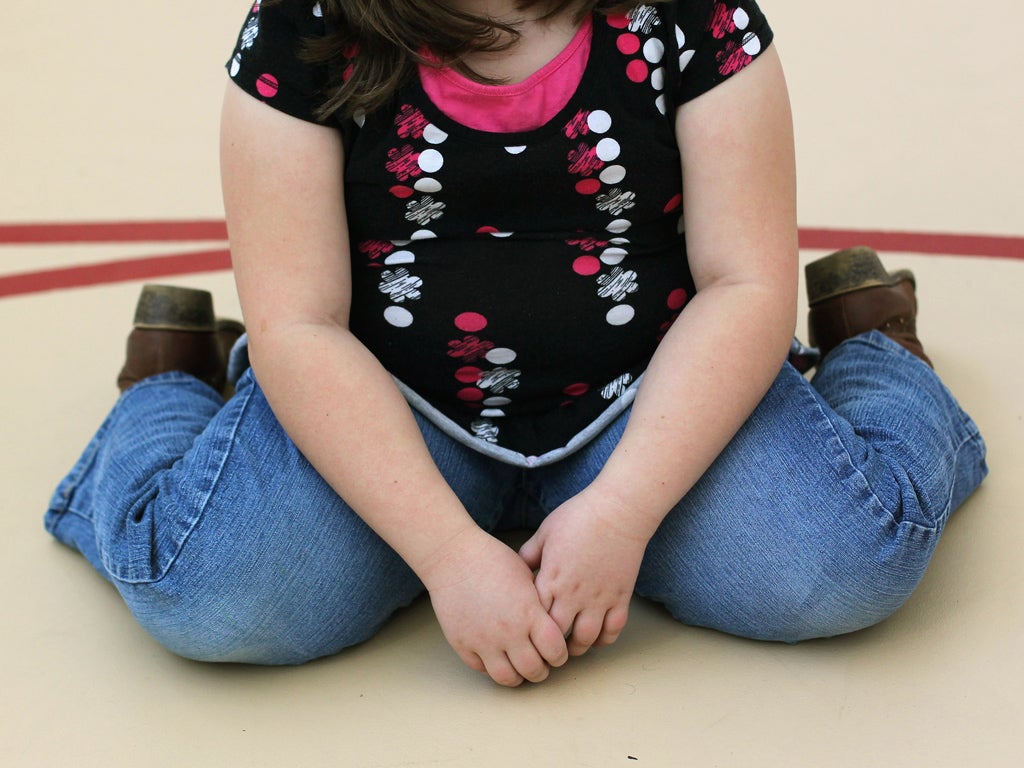Dress provocatively? Overweight? You're not 'asking for trouble' nor are you the root of the problem
We shouldn't ask women to change the way they dress so as to safeguard themselves, just as children shouldn't have to lose weight so as not to attract bullies


If you ever feel the desire to squish the soul of any campaigners you might know into a heap of despondent mulch, you need only quote Run DMC’s 90’s classic and say:
“It’s like that and that’s the way it is”.
I’ve heard sentiments to that effect twice in the past few days and both times have marvelled at how it’s possible to hold such diametrically opposite views from my own and still technically be a human being. It’s amazing how many people simply reconcile themselves to things which are not, by the standards of a supposedly civilised society, acceptable.
It perplexes me when viewpoints hinge on the idea that because something happens a lot, it is therefore futile to attempt to change it. I was inspired to write this article after reading Owen Jones’ excellent piece in yesterday’s Independent ‘If rape isn’t always rape then what is it?’.
The article reminded me of a conversation I had with someone I consider to be progressive, educated and well-informed but who nevertheless thought it was appropriate to state that sometimes girls “ask for trouble” when they wear provocative clothing.
The conversation evolved out of an email I received from a teacher asking if I could help address a situation that had arisen in their boarding school. The girls were wearing increasingly skimpy clothing in the name of ‘fashion’ and the boys were, she believed as a direct result, taking this as a green light to try and pressure their female counterparts into undertaking sexual acts they weren’t ready for. I offered to come into the school and work with the boys, examining the assumptions they were making about women based on their attire and encouraging them to see things differently.
“You should have offered to work with the girls” said the person I was discussing the email with “they need to understand the effect that what they are wearing is having and the trouble they could get themselves into”.
Perhaps the girls should be made aware that their fashion choices were creating a certain dynamic within the school environment, but part of me felt that to do so would be to admit defeat. I would, by proxy, be asking them to change the way they were dressing so as to safeguard themselves from something which they shouldn’t have to safeguard themselves against. I would have been moulding the girls’ expectations to suit one of society’s evils, rather than tackling the root of the problem.
Let us be absolutely clear. Even if I was so inclined as to wear a barely-modesty-containing mini skirt with ‘I am asking for trouble’ written in glitter across the arse I would still not ‘deserve’ to be raped. To everyone who responds “yes, in an ideal world but that isn’t how it is”, you are by default allowing the notion that some women invite rape upon themselves to continue to exist.
The second incident happened about half an hour ago when I was doing a radio interview about obesity. The interview centred around a news story which argued that parents were to blame for childhood obesity and we should point our fingers squarely at them for not giving their children the right foods.
Working on the (I sincerely hope, correct) assumption that most parents love their children and want the best for them, I suggested that perhaps, rather than being self-righteous and smug in the face of parents who are unable to force their children to eat a healthy diet, we should provide them with the guidance they need to encourage their offspring towards good food behaviours. It would be more useful, would it not, in the event you went to your GP concerned about your child’s eating habits, if you were offered some practical tips on how to get them to eat better, rather than a diet sheet with suggestions on what they should be eating?
The presenter did not share my view, instead claiming that I was being “too kind” towards what she viewed as a form of child abuse. She then went on to say:
“If parents allow their children to become overweight they’re going to get bullied at school and that it entirely the parents’ fault”.
Now, call me a maverick, but I would assume, in that particular scenario, that the fault lay with the bullies, rather than the parents.
“Children will always find ways to bully other children” came the reply.
So, by that logic, if your child is bullied because of their nose, you should buy them a nose job. If they are bullied because of the colour of their skin, it’s your job to bleach them into something more socially acceptable. If they’re bullied because they’re shorter than their peers, you’re a bad parent until you teach them how to walk on stilts. And that’s before we even think about disability in children.
Accepting that overweight children will be bullied until they slim down is to condone the notion that we should mould ourselves to the whims of the people who ostracise us because of our physical differences.
Until we live in a society in which women (and men) can wear whatever they want without fear of being sexually assaulted and children look however they look without fear of having their school lives made miserable then our job remains unfinished. There is no such argument as “that’s the way it is”. I intend to continue fighting.

Join our commenting forum
Join thought-provoking conversations, follow other Independent readers and see their replies